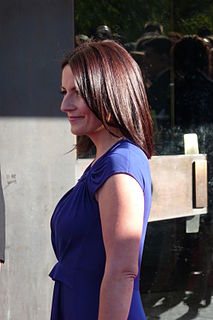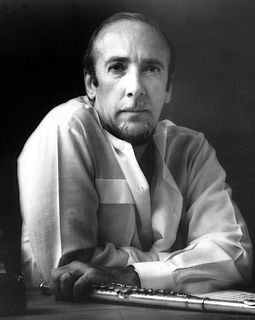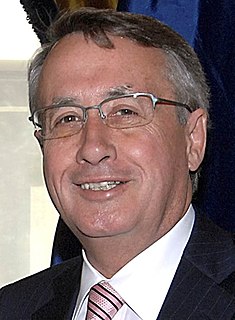A Quote by Davina McCall
I remember when I was a child, the word cancer absolutely struck fear into everyones hearts. It was like a death sentence.
Quote Topics
Related Quotes
To hell with your cancer. I've been living with cancer for the better part of a year. Right from the start, it's a death sentence. That's what they keep telling me. Well, guess what? Every life comes with a death sentence, so every few months I come in here for my regular scan, knowing full well that one of these times - hell, maybe even today - I'm gonna hear some bad news. But until then, who's in charge? Me. That's how I live my life.
[Concerning the Word preached:] Do we prize it in our judgments? Do we receive in into our hearts? Do we fear the loss of the Word preached more than the loss of peace and trade? Is it the removal of the ark that troubles us? Again, do we attend to the Word with reverential devotion? When the judge is giving the charge on the bench, all attend. When the Word is preached, the great God is giving us his charge. Do we listen to it as to a matter of life and death? This is a good sign that we love the Word.
Never trust the translation or interpretation of something without first trusting its interpreter. One word absent from a sentence can drastically change the true intended meaning of the entire sentence. For instance, if the word love is intentionally or accidentally replaced with hate in a sentence, its effect could trigger a war or false dogma.

































